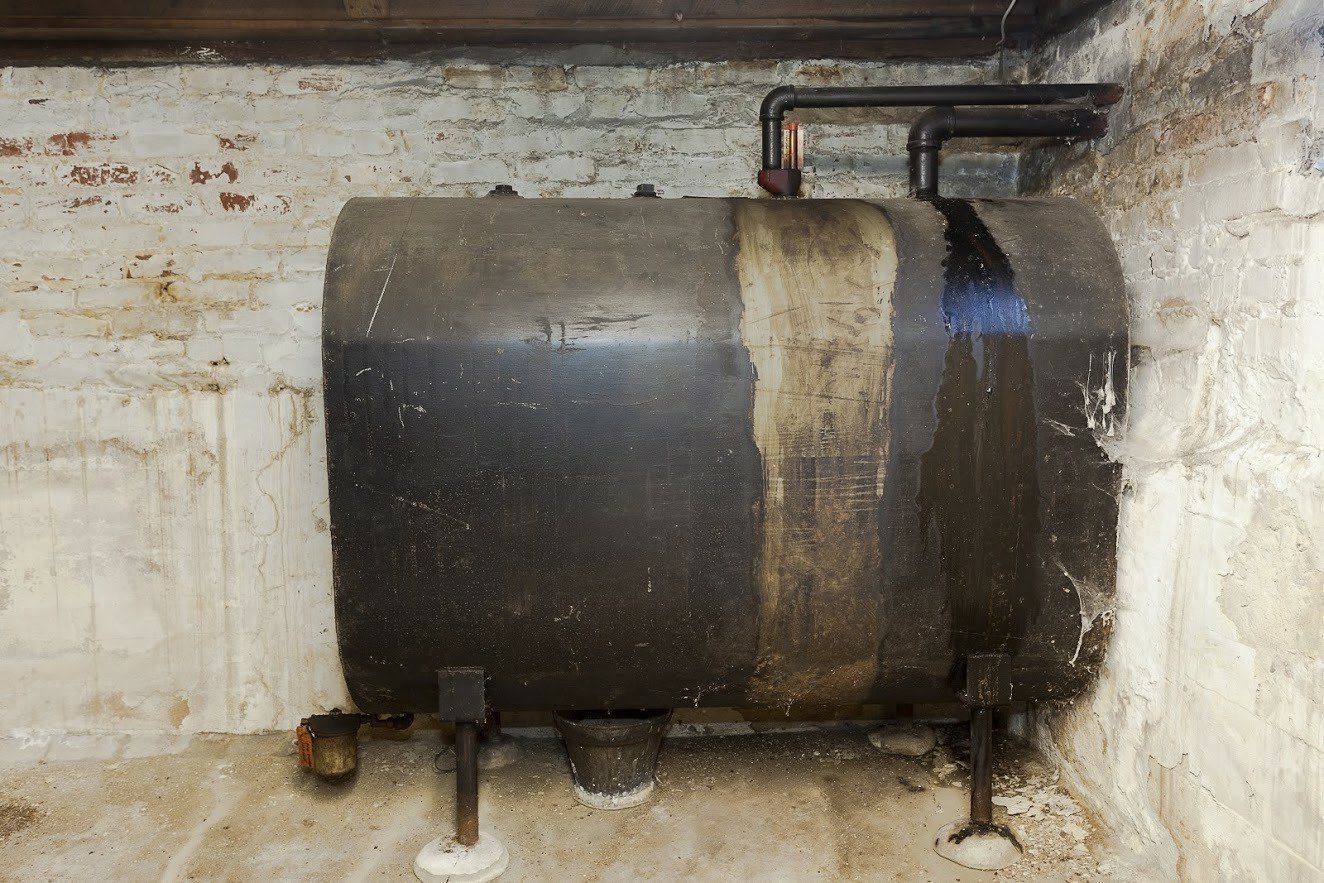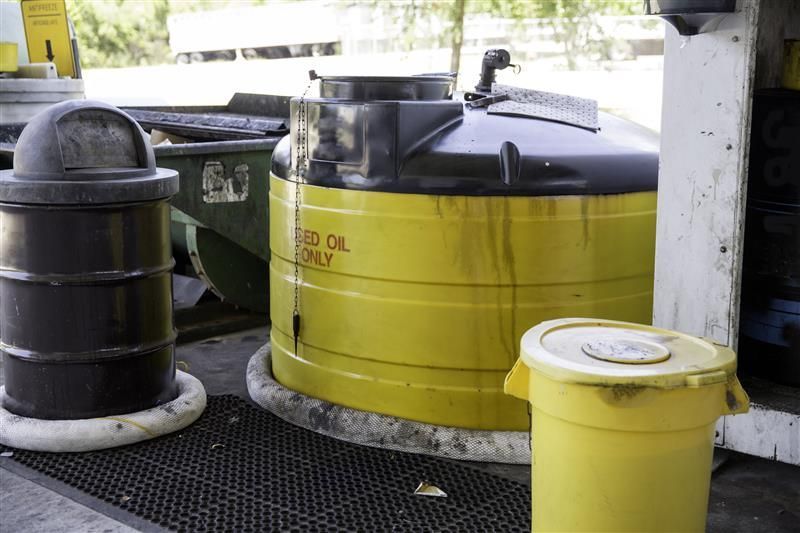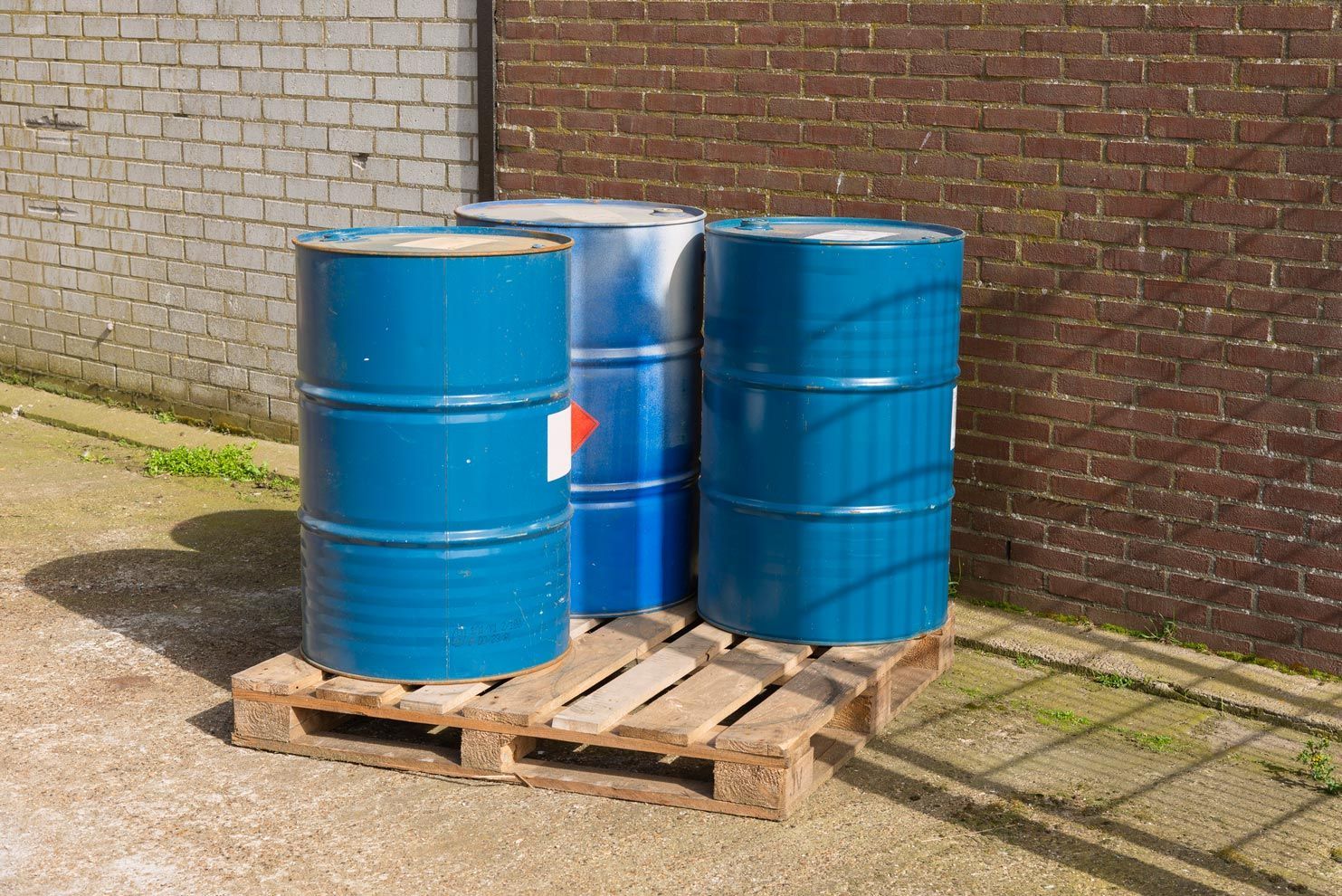Recycled Burner Fuel Benefits and Tips for Use in Boilers

If your manufacturing facility is equipped with a boiler system, then you likely know that you have many boiler fuel options. However, you may not understand the advantages and disadvantages of every boiler fuel type available. One type of boiler fuel that is growing in popularity is recycled burner fuel, which is also called recycled fuel oil (RFO).
Recycled fuel oil is created by collecting used petroleum oil and then recycling it into burner fuel by filtering the oil and demulsifying it.
Read on to learn about the unique benefits of choosing recycled fuel oil over other boiler fuel options and tips for success when making the transition from another fuel type to RFO in your boiler systems. Recycled Fuel Oil Benefits
The use of RFO in a boiler system offers a business owner many advantages.
Environmentally Friendly
Like most business owners today, you likely strive to keep your business operations as environmentally friendly as possible. By choosing recycled fuel oil as a boiler fuel source, you can aid in environmental conservation.
When choosing RFO over other fuel sources, you help support businesses that collect and recycle oil instead of placing it in landfills where it can then pollute the environment. You also help to reduce the energy needed to create new fuel sources and to limit the mass production of new oil that can contribute to the destruction of natural animal habitats.
Affordable
Recycled fuel oil is the most affordable boiler fuel available today. While fuel prices can change on a regular basis, on average, one gallon of RFO costs only about $0.60 while natural gas, diesel fuel, and bunker oil all cost much more.
In addition, the average business owner that uses 40,000 gallons of diesel fuel per week as a boiler system fuel source can save over $225,000 a year when they switch their fuel source to RFO. Those who currently rely on natural gas or alternative fuel sources can also look forward to savings after they make the switch.
Tips for Success When Using RFO in Your Boiler System
Follow these tips to help make the transition from your current boiler fuel source to RFO a successful one.
Heat Your Recycled Fuel Oil Properly
While every boiler system varies, typically, recycled fuel oil should be heated to between 150 and 180 degrees F for ideal boiler performance. For this reason, adjust the heat settings on the boiler's electric heat exchangers to a temperature in this range before you use RFO to power your boilers.
Ensure Your Boilers Are Equipped With the Right Components
Successful use of recycled burner fuel relies on having a boiler system that is equipped with components that aid in efficient use of this fuel type. Just a few of these components include at least two sets of fuel filters, several soot blowers, and an air atomizing pump. Perform Proper Equipment Maintenance
Just like when burning any other boiler fuel type, proper maintenance of boiler equipment can help keep your system functioning properly when utilizing RFO as a fuel source.
Important boiler maintenance tasks you should perform when burning RFO include the following:
- Clean the boiler filters on a regular basis
- Clean the soot blower nozzles once a week
- Clean the steam heater, heat exchanger, and boiler tubes at least once a year Clean the boiler's back tubes about twice a week.
Additional maintenance tasks that help keep your boiler system free from ash, soot, and the buildup of general debris can also help prevent common boiler problems, such as overheating or excessive smoke production, before they occur.
Purchase Fuel From a Trusted Supplier
While many companies collect and recycle oil, not all utilize the same oil filtering and demulsifying methods. For this reason, once you find an RFO supplier that you like, you should continue purchasing your recycled burner fuel from this trusted supplier.
If you have a business that is equipped with a boiler system, then you should understand the many benefits of choosing RFO as your boiler fuel source and how to encourage a successful boiler fuel source transition in your facility. Contact the trusted recycled burner fuel suppliers at Denver Oil for all of your RFO needs today.










